Keto Diet
The keto diet has been around since the 1920s, when it was developed by physicians to treat epilepsy in children.1 Its popularity eventually declined with the introduction of effective anti-seizure medication, but since the 1990s, the keto diet has regained traction. Today, the keto diet’s popularity is mainly due to its ability to achieve weight loss2 and increase mental energy.
Read on to learn how consuming low-carb, high-fat foods on a keto diet can help keep your body burning more calories and keep you feeling full and energized.
What is a Keto Diet?
A keto diet involves consuming low-carb and high-fat foods. By limiting your carbohydrate intake, your body will no longer use glucose for its main source of energy. Instead, it switches to burning fat for fuel.3 One of the main reasons the keto diet is so popular is because it helps you burn calories more efficiently while eating a fat-rich diet. It may sound counterintuitive, but your body adapts to the new diet by going into a metabolic state called ketosis.4
What Is Ketosis?
Ketosis is the metabolic state that occurs in the body when there is an increased production of ketones in the liver.5 When the body is deprived of carbohydrates due to diet or fasting, it starts to look for alternative sources of energy. In this situation, the liver begins to break down fats into molecules called ketones, which are released into the bloodstream.
Ketones can provide an alternative energy source for the brain, which typically relies on glucose. This allows the body to sustain its energy without carbohydrates.
Ketosis occurs when the levels of ketones in your body reach a measurement of at least 0.5 mmol/L. You can determine your ketone levels through various methods, such as urine sticks, blood sticks, or a blood meter. Another option is to assess the levels of acetone in your breath with a breath analyzer.6
While measuring ketone levels can provide some insight into whether your body is in ketosis, it’s not necessary. You can enter ketosis without measuring ketones, especially if you follow a keto diet. It’s more important to focus on the composition of your diet.
The keto diet follows a high-fat, low-carbohydrate plan. By decreasing your carbohydrate intake, your body burns fat through ketosis. When you follow a keto diet plan, you keep your body in ketosis by fueling it with the right foods to keep it in this state.
Benefits of Keto
There are many benefits to following a keto diet, some of which may surprise you. There’s more to keto than weight loss, though it’s high on the list of reasons why people choose this diet.
Weight Loss
Losing pounds fast is one of the most exciting benefits of the keto diet. In the beginning, you mostly lose water weight,7 but your body eventually becomes efficient at fat-burning for healthy weight maintenance.
Feeling Full Between Meals
Eating foods high in healthy fats can help you feel more satisfied between meals by producing something called ketones. Ketones may help regulate your appetite hormones,8 which means less cravings.
Improved Memory
The keto diet is rich in healthy fats, which are considered “brain food.” By eating healthy fats, your liver produces ketones and reduce free radicals in the brain, improving its overall functioning.9
Decreased Inflammation
When you eat a high amount of carbs, your body’s sugar levels can stay high, causing inflammation in the body.10 This may look like eczema, joint pains, acne, digestive problems, or other symptoms. Eating less carbs may result in a better inflammatory response.
Keto Diet for Beginners
The hardest part of any journey is the first step. However, by having a thorough understanding of what to expect from the keto diet, you can help your chances for success. As you start eliminating most carbs from your diet and consuming more good fats, your body will go through good and bad effects.
In the beginning, you may experience quick weight loss due to a reduction in water weight. When you follow the keto diet plan over time, you may feel more focused, have increased memory, be more energized and feel fuller between meals.
On the flip side, some of the initial side effects of keto diet foods may be off-putting, but most are short-term inconveniences that go away once your body adapts. When you start the keto diet, it’s normal for your body to go through a transitional period as it adapts to ketosis. Understanding the possible side effects and benefits can help you feel more confident as you start your keto journey.
Side Effects
Depending on your overall health, age or lifestyle, you may experience some of the following side effects at the beginning of your keto diet.
Keto Flu
As your body transitions from burning carbs to fat for energy, you may feel flu-like symptoms.11 These may include brain fog, irritability, headaches, insomnia, poor focus or muscle cramps. To alleviate symptoms, get more rest, hydrate, take electrolytes, eat good fats and try to de-stress during this period.
Occasional Constipation
When you start your keto diet plan, you may feel that you’re not as regular as usual. If that’s the case, make sure to drink plenty of water to help flush out your system. You can also increase fiber-rich vegetables, like broccoli, radishes and eggplant.
Bad Breath
When you start your keto diet, you may experience “keto breath.” That’s because your body is expelling extra ketones through your exhalation, as it adapts to the new diet. Brushing twice a day, flossing and drinking more water can help.
Leg Cramps
It’s possible that you experience some leg cramps when you start eating keto diet foods. As you lose water weight in the first few days, you also eliminate essential minerals, such as magnesium. If you feel leg cramps, drink more fluids and try adding electrolytes to make sure you get enough sodium.
More Resources
Check out the Complete Beginner’s Guide to the Ketogenic Diet for more information on what to expect when you start the keto diet.
Have you begun the keto diet but aren’t seeing weight-loss results? Explore 9 Reasons You’re Not Losing Weight on Keto & What to Do About It.
What Can You Eat on a Keto Diet?
The keto diet plan is relatively strict when it comes to foods you should and shouldn’t eat. Having a good understanding of keto foods will help you make the right choices while grocery shopping and meal planning.
Here is a quick reference guide to get you started.
Vegetables
- Asparagus
- Dark leafy greens (such as arugula and watercress)
- Bok choy
- Broccoli
- Brussels sprouts
- Cauliflower
- Cabbage
- Celery
- Chard
- Collards
- Cucumbers
- Endive
- Kale
- Kohlrabi
- Lettuce
- Mushrooms
- Nori
- Olives
- Radish
- Spinach
- Summer squash
- Zucchini
- Corn
- Peas
- Parsnips
- Potatoes
- Sweet potatoes
- Winter squash
- Vegetables in BPA-lined cans
Fats and Oils
- Avocado oil
- MCT Oil
- Bacon fat and lard from pasture-raised pork
- Cacao butter
- Coconut oil
- Cod liver oil
- Egg yolks
- Grass-fed butter and grass-fed Ghee
- Marrow and tallow from pasture-raised beef
- Canola oil
- Cottonseed
- Corn
- Flaxseed
- Peanut oil
- Soy oil
- Linoleic safflower oil
- Sunflower oil
- Commercial lard
- Low-carb commercial dressings
- Margarine
Fish and Meats
- Fatty cuts of grass-fed and pasture-raised meat
- Mackerel
- Salmon
- Sardines
- Halibut
- Cod
- Tuna
- Herring
- Mussels
- Clams
- Hot dogs
- Drive-thru burgers
Fruits
- Avocado
- Strawberries
- Raspberries
- Blackberries
- Apples
- Bananas
- Grapes
- Mango
- Oranges
- Peaches
- Pears
- Pineapple
Nuts and Legumes
- Walnuts
- Macadamia nuts
- Pecans
- Coconut
- Pistachios
- Chestnuts
- Most beans
- Lentils
Dairy
- Grass-Fed Ghee
- Grass-fed butter
- Colostrum from grass-fed cows
- Heavily processed cheese
- Low-fat dairy, margarine
- Milk
Beverages
- Bone broth
- Coffee
- Coconut milk
- High-quality tea
- Beer
- Drinks made with artificial sweeteners
- Sweetened energy drinks
- Sports drinks
Spices, Seasonings and Condiments
- Apple cider vinegar
- Cacao powder
- Coconut aminos
- High-quality herbs and spices (such as black pepper, Ceylon cinnamon, cumin, ginger, oregano, thyme and turmeric)
- Mayonnaise made with quality oils
- Sea salt
- Vanilla bean
- Artificial flavors
- Artificial sweeteners
- MSG
- Packaged sauce and spice mixes with added starches and sugars
- Soy products
Sweeteners
- Allulose
- High-quality dark chocolate
- Non-GMO erythritol
- Monk fruit
- Stevia
- Acesulfame potassium (Ace-K)
- Agave
- Aspartame (NutraSweet)
- Coconut sugar
- Fructose
- High-fructose corn syrup
- Honey
- Maltodextrin
- Maple syrup
- Sucralose (Splenda)
- Sugar
Check out the Keto Food List for more information on keto diet foods.
Need extra help figuring out what to eat? Download the free Bulletproof Diet Roadmap for an easy reference sheet.
Other Types of Keto Diets
So far, we’ve explored the classic keto diet plan of high-quality fats from animal sources. But how does fast food fit into the equation? Can you be vegetarian on keto?
Dirty keto isn’t concerned about the quality of foods in your diet, only that you restrict carbohydrates and that you consume a high amount of fat. On one hand, it’s less expensive than clean keto, requires less meal planning, allows for dining out and is less restrictive in food choices. On the other hand, you get lower-quality foods. It may be difficult to maintain ketosis with high calorie processed foods, you may get less nutrients and could even gain weight.
The vegetarian keto diet allows for a higher carb count, from about 20g net carbs per day on a standard keto diet to 50g through a plant-based approach. Whether you eat dairy or choose to go dairy-free, there are many ways you can incorporate healthy fats into your meal planning. It can also be helpful to explore supplements to ensure you’re getting all the micronutrients you need to fuel your day.
Targeted keto is for athletes who engage in high-intensity activities like swimming or tennis. The diet is the same as regular keto, except that athletes eat around 25g of easy-to-digest net carbs (like white rice or white bread) around 30 minutes before starting the workout. The idea is that they’ll get extra energy from the carbs to fuel their performance while still maintaining ketosis afterwards.
Keto Diet Recipes
Set yourself up for success by exploring recipes that fit your lifestyle and taste. Taking the time to meal plan ahead of time will help you stick to the keto diet and reap the benefits.

12 Keto Cocktail Recipes You Can Sip All Summer Long
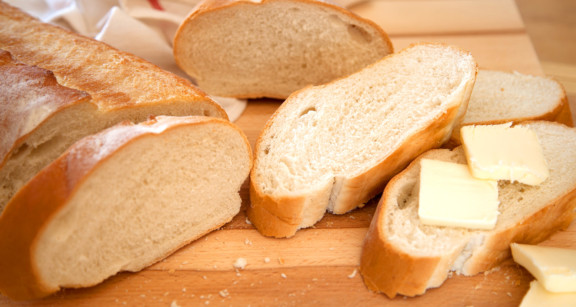
Best Keto Bread Recipes So Good, You’ll Forget About Carbs
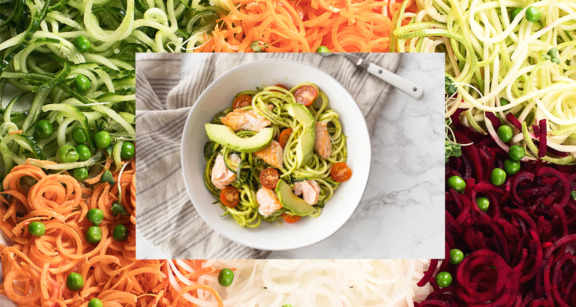
24 Keto Pasta Recipes for All Your Carb Cravings
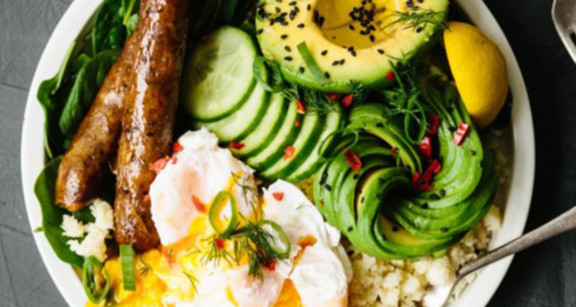
Easy Keto Breakfast Recipes With 10 Carbs or Less

Keto Coffee Recipes to Keep You Happy and Laser-Focused
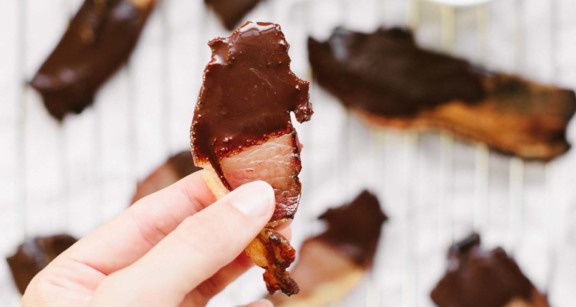
Easy Keto Snacks To Satisfy Your Cravings Anytime
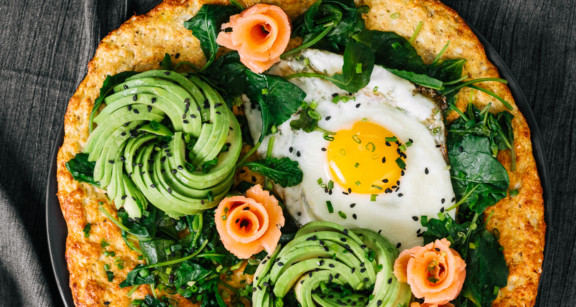
Keto Brunch Recipes to Rock Your Weekends Right
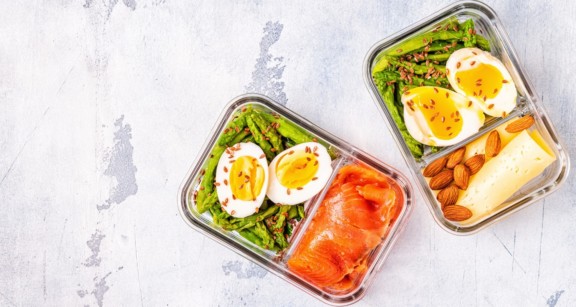
Keto Lunch Recipes: Easy, Packable, Low-Carb Meals for Work or Work-from-Home

22 Keto Appetizers So Good, Everyone Will Love Them
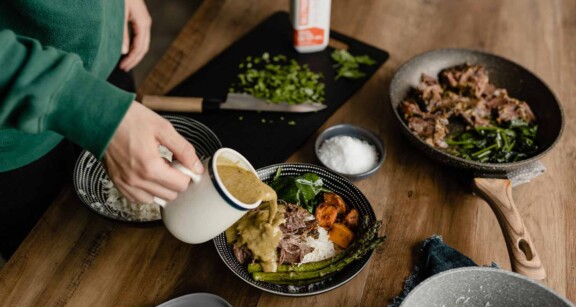
Easy Keto Dinner Ideas Ready in 30 Minutes or Less
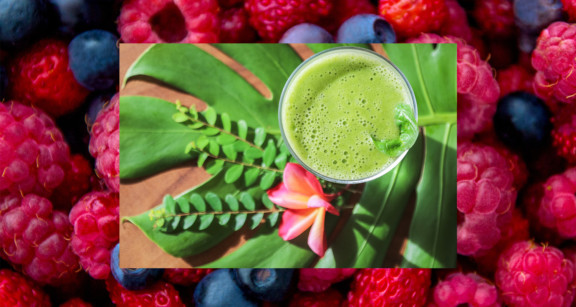
15 Sweet Keto Smoothie Recipes to Power Your Day
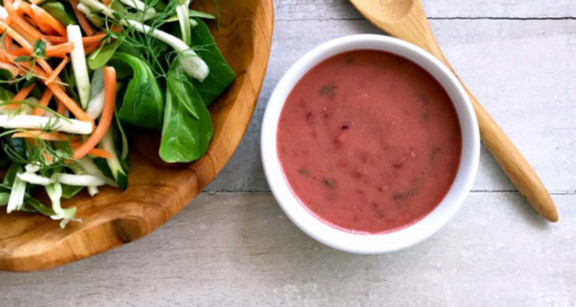
25 Keto Condiments Recipes That Make Any Meal Better
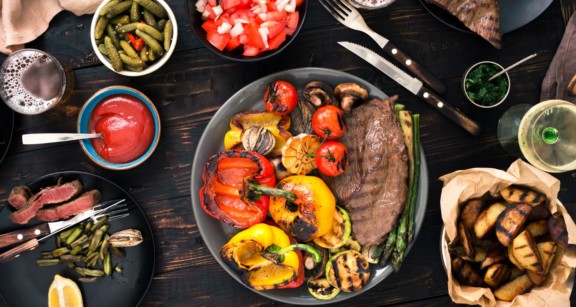
16 Mouthwatering Keto BBQ Sides
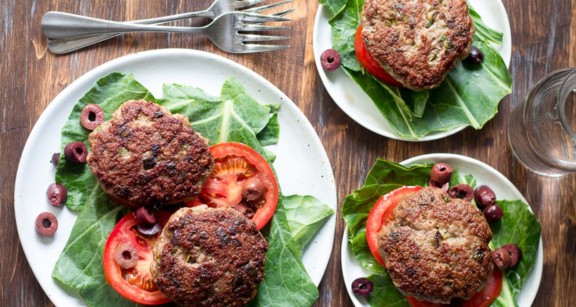
Hold the Bun With These Mouthwatering Keto Burger Recipes
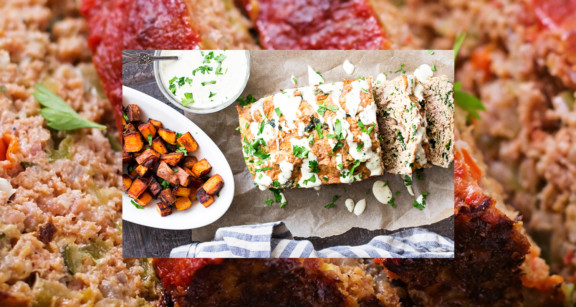
16 Irresistible Keto and Carnivore Meatloaf Recipes: Deliciously Low-Carb and No-Carb Options
The Science-Backed Benefits of a Keto Diet
The keto diet as a potential therapy for neurodegenerative disorders like Alzheimer’s disease? Explore a recent medical study that discusses how ketones impact aging brain cells and reduce inflammation in the body.
The keto diet’s approach to weight and blood sugar maintenance has also been stated as a potential therapy for the treatment of obesity and type 2 diabetes. In this instance, weight loss could reduce the need for insulin intake and certain drugs to treat the disease.
A promising research study on the relationship between the keto diet and cancer concludes that the diet could help create an unfavorable environment for cancer cells to grow. As part of standard therapies like chemo and radiotherapy, the keto diet could help increase the quality of life of patients.
The keto diet has many benefits that go beyond weight loss. In fact, even though you will likely shed pounds quickly in the beginning, your weight loss will slow with time. Helping you maintain a healthy weight and razor-sharp focus are two important aspects of keto that can improve your long-term wellbeing.
Learn More About Keto
Keto Articles
9 Reasons You’re Not Losing Weight on Keto And How to Get Back on Track
Is Keto Safe Long Term? Find Out if This Diet is a Sustainable Choice for You
Is Milk Keto? Why Dairy Isn’t as Keto-Friendly as You Think
Vegan Keto: Why a Plant-Based Keto Diet Isn’t Good for You
The Keto Diet & Bodybuilding – Tips and Meal Ideas
Best Keto Supplements: The Ones You Want (and Some You Can Skip)
7 Keto Side Effects and What to Do About Them
Cyclical Keto Meal Plan and Cookbook Sign Up
Keto Depression: Do low carb diets influence mood?
Your Guide to Keto and Alcohol: Will Drinking Kick You Out of Ketosis?
Targeted Ketogenic Diet vs. Standard Keto: What’s the Difference?
Dirty Keto vs. Clean Keto: Everything You Need to Know
Keto Cookbook for Beginners: 21 Easy Recipes
How to Calculate Net Carbs on Keto And Why Not All Carbs Are Equal
13 of the Best Keto-Friendly Foods to Buy at Whole Foods
What is the Cyclical Ketogenic Diet (CKD)?
Complete Beginner’s Guide To The Ketogenic Diet
Complete Keto Food List: What to Eat on Keto
Keto on the Go: How to Fuel Up With Bulletproof Coffee & Snacks—No Matter Where You Are
What Is the Keto Flu? What to Do When Keto Makes You Crash
Keto Recipes
Lamb Keto Tacos With Cauliflower Tortillas
Keto Bacon Chocolate Chip Cookies
Keto “Noatmeal”: A Tasty Low-Carb Oatmeal Alternative
Dairy-Free Keto Lemon Fat Bombs
Keto Cookie Ice Cream Sandwiches
11 Keto Casserole Recipes to Make Dinner a Breeze
14 Keto Slow Cooker Recipes for Hands-off Cooking
Easy Keto Fish Recipes You Can Make in a Flash
Keto Soup Recipes For Cozy Low-Carb Meals
17 Sweet, Crunchy and Easy Keto Cereal Recipes
18 Sweet & Savory Keto Muffins to Start Your Day Right
9 Keto Pancakes Recipes to Make Breakfast Fun Again
10 Best Keto Ice Cream Recipes – No Churn Required
14 Keto Brownie Recipes Under 5 Grams of Net Carbs
18 Keto Pumpkin Recipes to Celebrate Fall
21 Party-Ready Recipes for Keto Cupcakes
Unbeatable Keto Pie Recipes for Every Occasion
Diner-Worthy Keto Shake Recipes With Zero Added Sugar
Easy Keto Desserts: 16 No-Bake Recipes
10 Keto Instant Pot Desserts You Can Make In a Snap
These 33 Easy Keto Recipes Will Make You Want to Go Low-Carb
14 Keto Campfire Recipes for Peak Adventure Energy
20 Keto Christmas Cookie Recipes You’ll Want to Make ASAP
18 Festive and Nutritious Paleo, Low-Carb and Keto Holiday Recipes
The Bulletproof Approach to Keto
At Bulletproof, we embrace quality fats for sustained energy and challenge nutrition norms. We make it easier for you to take care of your body and mind by helping you fuel your day with nutrient-packed foods. Discover what better feels like with our wide range of products that fit your lifestyle.
Our approach to the keto diet is simple: food is fuel and a crucial part of overall wellness. The keto diet offers many potential benefits like mental clarity, focus and energy. However, the quality of foods you consume is a big contributor to your success. We are obsessed with creating the best products with uncompromising quality.
Yes, you can eat fruit on keto! If they are low-carb and low-sugar, like blueberries, raspberries or strawberries.
Not all fats are friendly. To keep your keto clean, prioritize grass-fed and pasture-raised meats.
Keto enhances your brainpower! Improved concentration, memory and focus are common side effects of following keto.
There are many variations to the keto diet. Find the one that best fits your lifestyle (yes, including vegetarian keto).
FAQs
Ketosis is a metabolic state where your body burns fat instead of carbs for fuel.
The short answer is that it depends. You may need to adjust your diet based on your lifestyle, or if you train in a high-intensity sport. How do you calculate macros?
Macros are the fat, protein and carbohydrates that make up your food. Learn how to count macros with our article What Are Macros, and Should You Count Them?
If you are on medication or have a pre-existing health condition, speak to your healthcare provider about starting the keto diet. If you choose to try keto, remember that you don’t have to go all-in, all at once. Start by gradually reducing your carb intake and adapt according to your lifestyle.
There are many reasons why you may see a weight loss slowdown or even a (gasp!) weight gain. Explore the 9 Reasons You’re Not Losing Weight on Keto and What to Do About It.
If you’re a very occasional spirits drinker, alcohol probably won’t derail your keto lifestyle. But if you find yourself drinking high-carb beverages or drinking often during the week or every weekend, you might be slowing down the fat-burning you want on keto. Read more about keto and alcohol here.